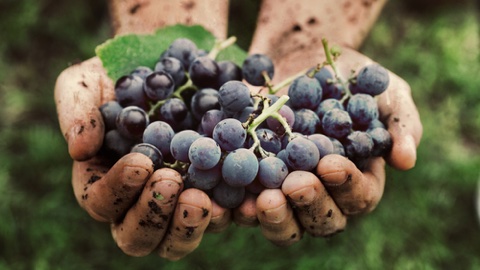
The Urban Food Street project was started in 2009 when residents in the Queensland, Australia suburb of Buderim were shocked at the price of produce in traditional grocery stores. Limes were selling for about $1.50 each, so residents decided to plant ten lime trees on a nature strip to grow their own. The idea built from there and now eleven streets in the suburb are producing fruits, vegetables, and herbs, free to all residents. DARCH – the Australian Institute of Architects NSW Chapter Emerging Architects and Graduates Committee – recently awarded The Urban Food Street project with a Special Jury Award that recognizes an individual or group initiative that promotes quality in design and architecture. The group is now in the process of coming up with a program to help other streets around the world grow their own food sustainably and set up a community food share program.
Planting fruit trees in public municipal areas has been a controversial topic. Fruit from trees planted on boulevards and public parks have sometimes been left to rot – causing unsightliness and attracting insects and rodents. Fruit trees require quite a bit of maintenance – pruning, watering, and fertilizing – which would add to a city’s landscaping costs. Some programs – such as City Fruit – have harvested thousands of pounds of unused fruit from Seattle’s urban fruit trees last year, and donated about 22,000 lbs to 39 different local groups, including food banks, schools, and community organizations. But, perhaps the better solution is to copy the Urban Food Street project and put the care and harvest of the trees and plants in the hands of the citizens. Municipalities could provide free or low-cost trees and hold workshops to train those who are interested in urban food production.


